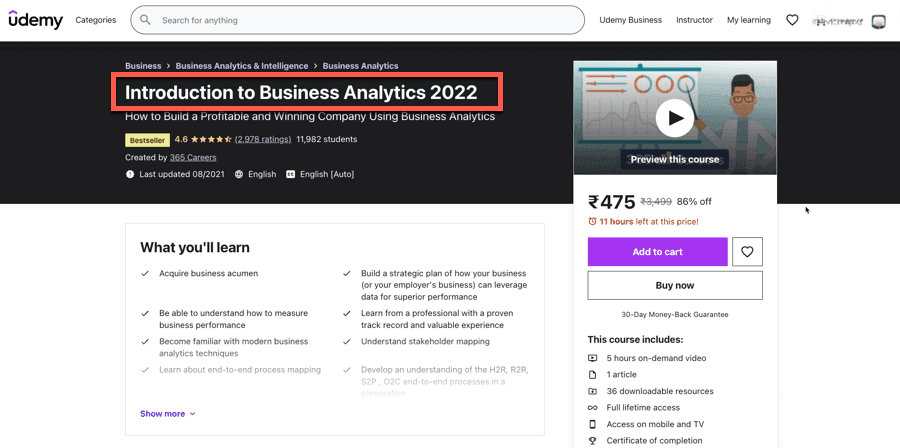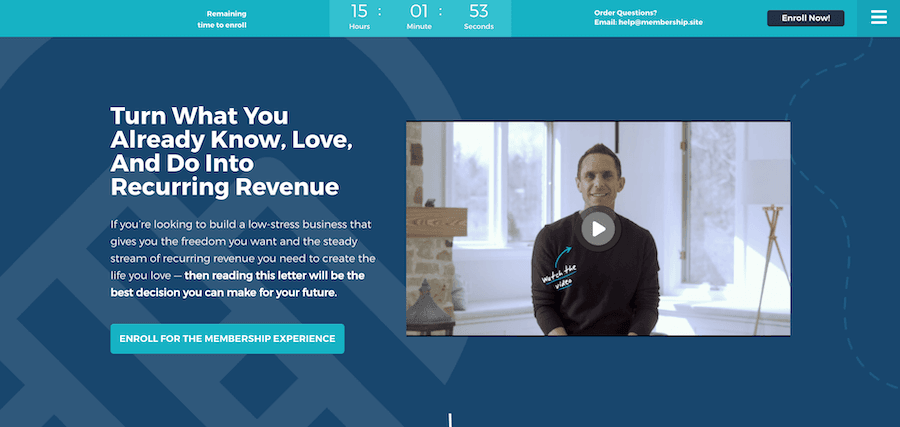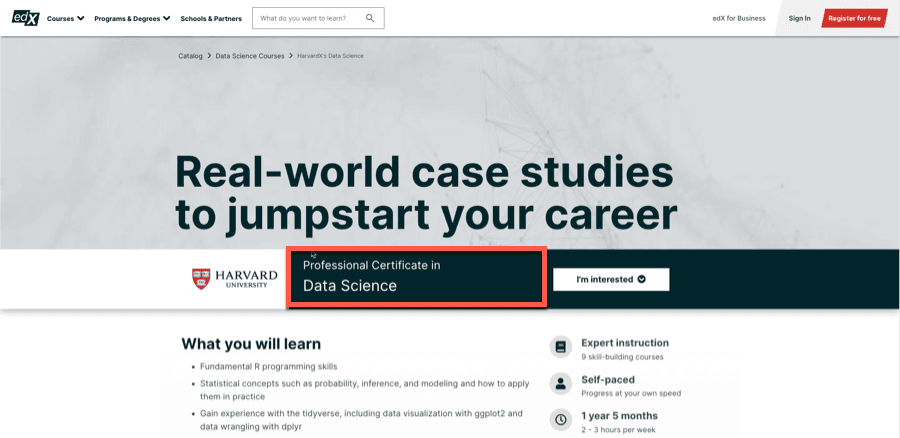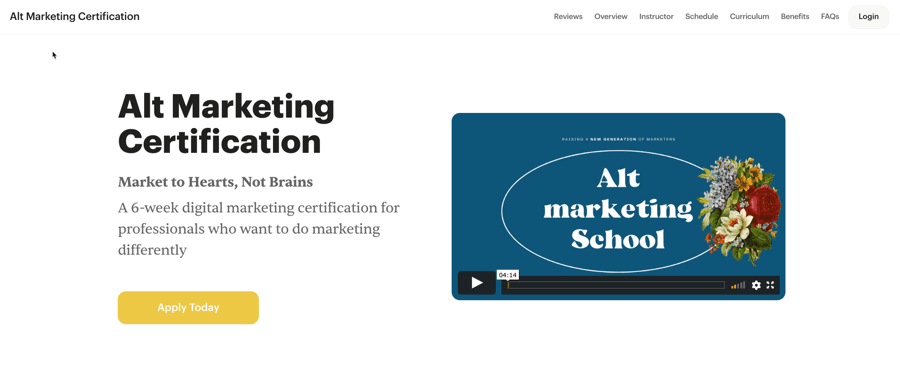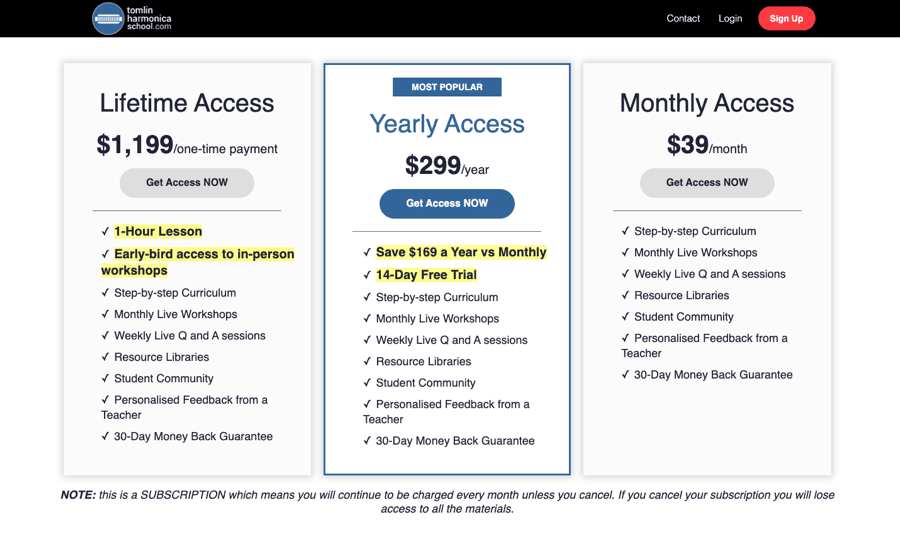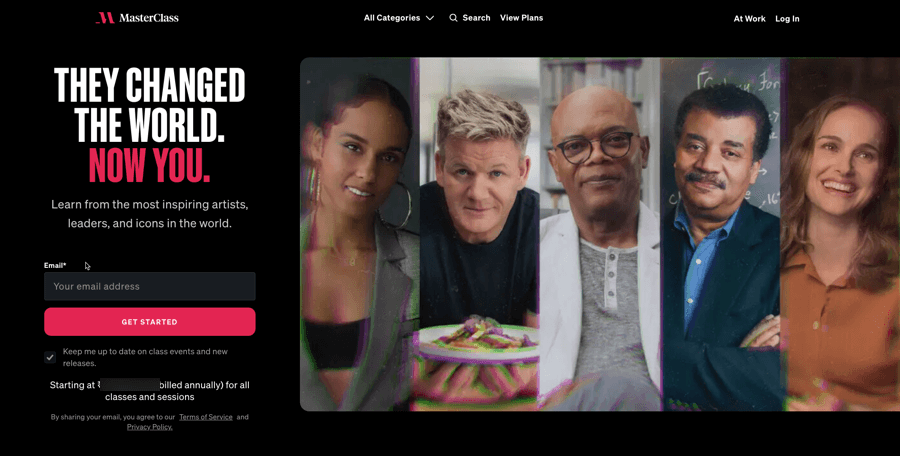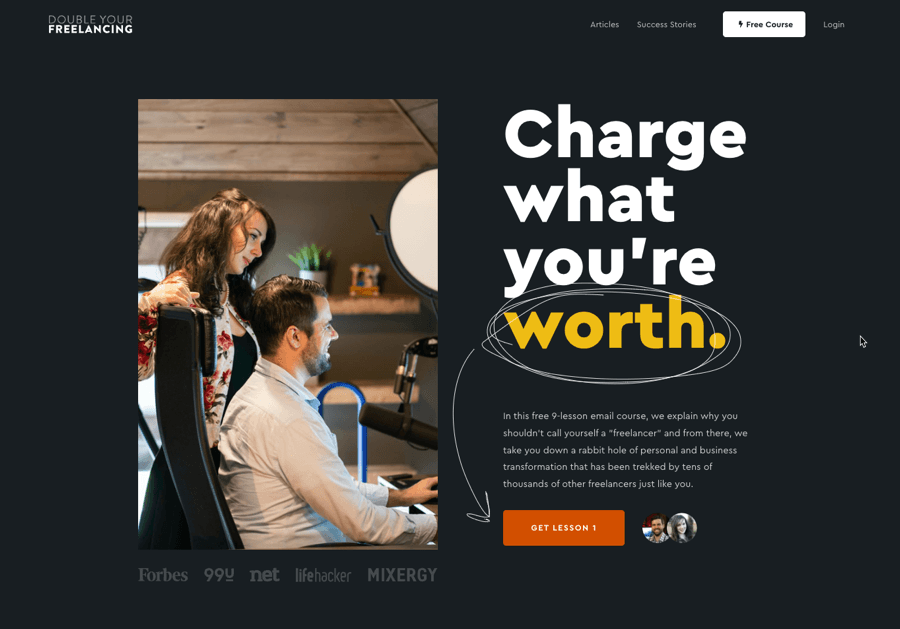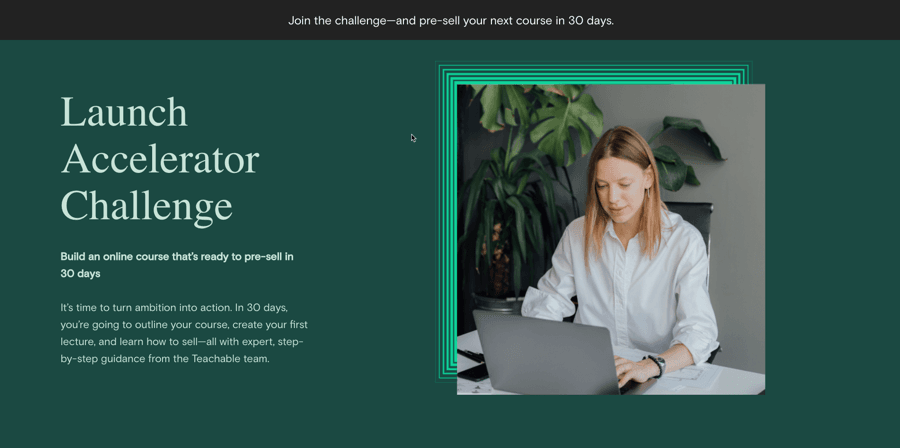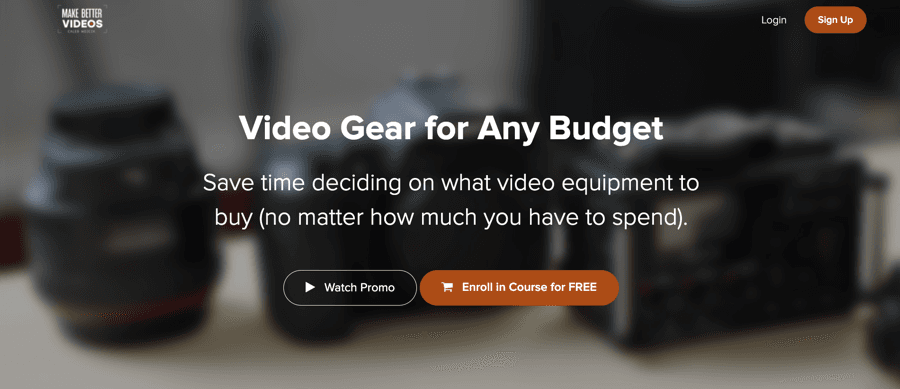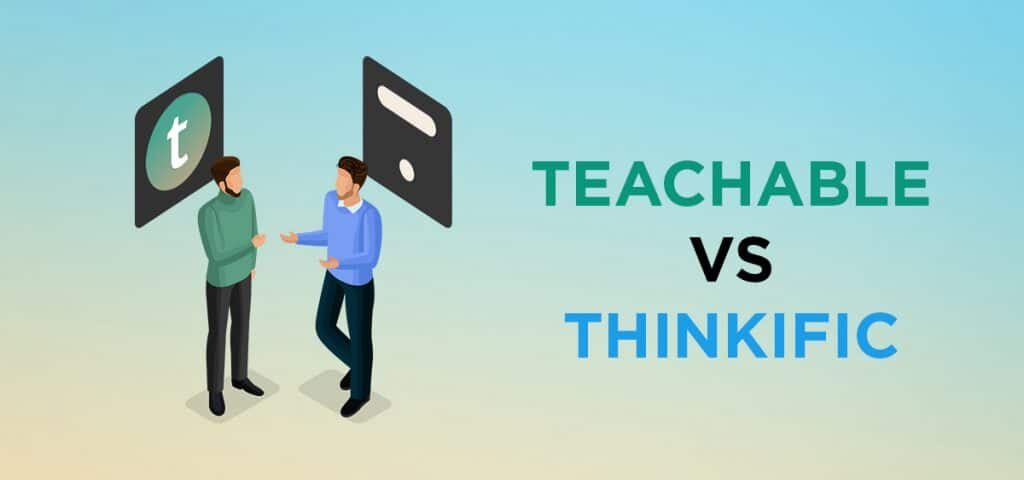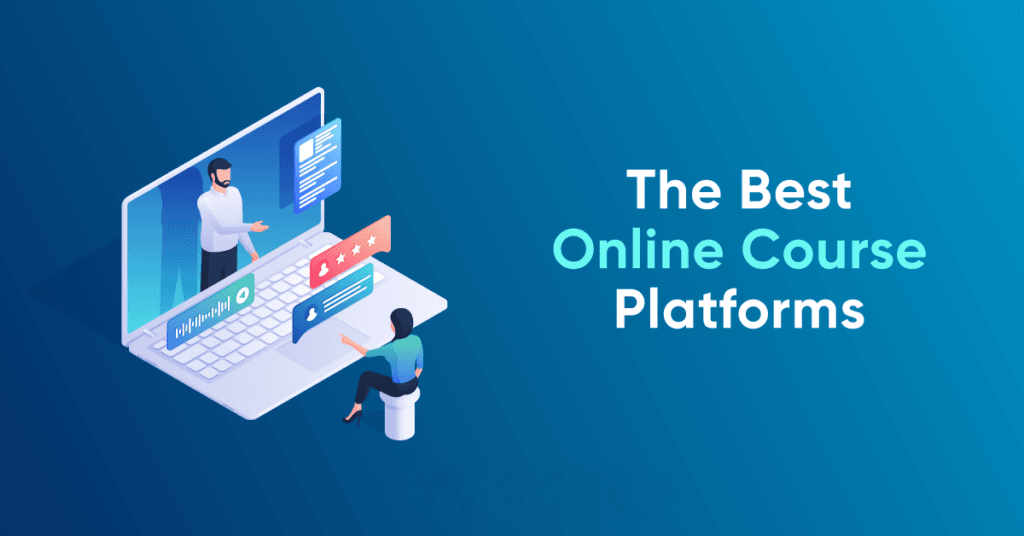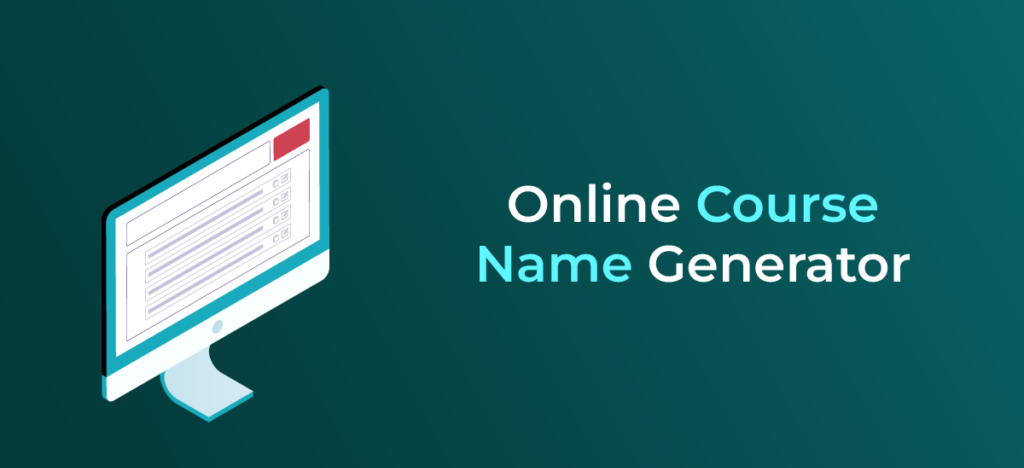Throughout this discussion, we have explored various formats of online courses that you might contemplate developing for your audience.
Different online course structures cater to specific objectives, such as:
- Disseminating information and expertise (encompassing introductory, spotlight, signature, specialization, certification, and masterclass formats)
- Fostering continuous engagement and community building (achieved through membership and live cohort-based models)
- Capturing audience interest and promoting your offerings (utilizing email, challenge, and mini course approaches)
We trust this overview has provided valuable insights into the diverse landscape of online course types. Should you wish to delve deeper into the process of online course creation, please explore this comprehensive guide.
Do you have a preferred online course style? Are there any course formats we might not have covered? We invite you to share your thoughts in the comments area below.

